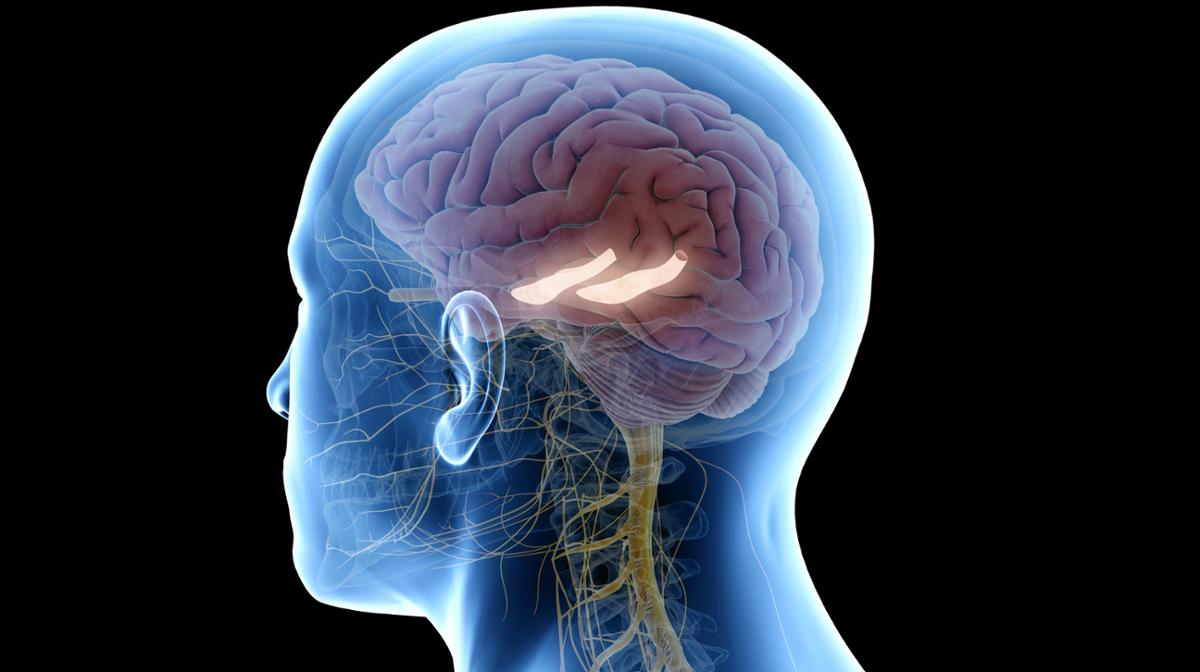Research from the Perelman School of Medicine at the University of Pennsylvania, US, suggests disrupted connections between memory and appetite-regulating brain circuits are directly proportional to body mass index (BMI).
The link is most notable in patients who suffer from disordered overeating that can lead to obesity, such as binge eating disorder (BED).
Published in the journal, Nature, the research – titled An orexigenic subnetwork within the human hippocampus – found individuals who are obese have impaired connections between the dorsolateral hippocampus (dlHPC) and the lateral hypothalamus (LH), which may impact their ability to control or regulate emotional responses when anticipating rewarding meals or treats.
The dlHPC is located in the region of the brain that processes memory and the LH is in the region of the brain that’s responsible for keeping the body in a stable state – homeostasis.
The team monitored brain activity as patients anticipated – and then received – a sweet treat (a chocolate milkshake).
The results
Results showed both the dlHPC and the LH activated simultaneously when participants anticipated receiving the rewarding meal. The dlHPC and LH also exhibited extremely strong connectivity.
In individuals with obesity, researchers found that the impairment of this hypothalamus-hippocampus circuit was directly proportional to their BMI.
In addition, for participants with a high BMI, the connection was even more disturbed.
To further validate the connection, the research team used a technique called ‘brain clearing’ to analyse brain tissue – this revealed a melanin-concentrating hormone, which is known to regulate feeding behaviour and is produced in the LH. They found the presence of MCH in the dlHPC and nowhere else, confirming a link between the two regions.
Previous research has found an association with loss of function in the human hippocampus in individuals with obesity and related disordered eating, such as BED.
However, outside of imaging techniques such as magnetic resonance imaging (MRI), the role of the hippocampus has been difficult to study.
About the findings
Casey Halpern, associate professor of neurosurgery and one of the study authors, said: “These findings underscore that the brains of some individuals can be fundamentally different in regions that increase the risk of obesity.
“Conditions such as obesity are a lot more complicated than simply managing self-control and eating healthier.
“What these individuals need is not more willpower, but the therapeutic equivalent of an electrician that can make right these connections inside their brain.
“We hope to be able to use this research to develop novel therapies to help improve function of this critical circuit that seems to go awry in patients who are obese.”
• More: www.HCMmag.com/memoryobesity






















































